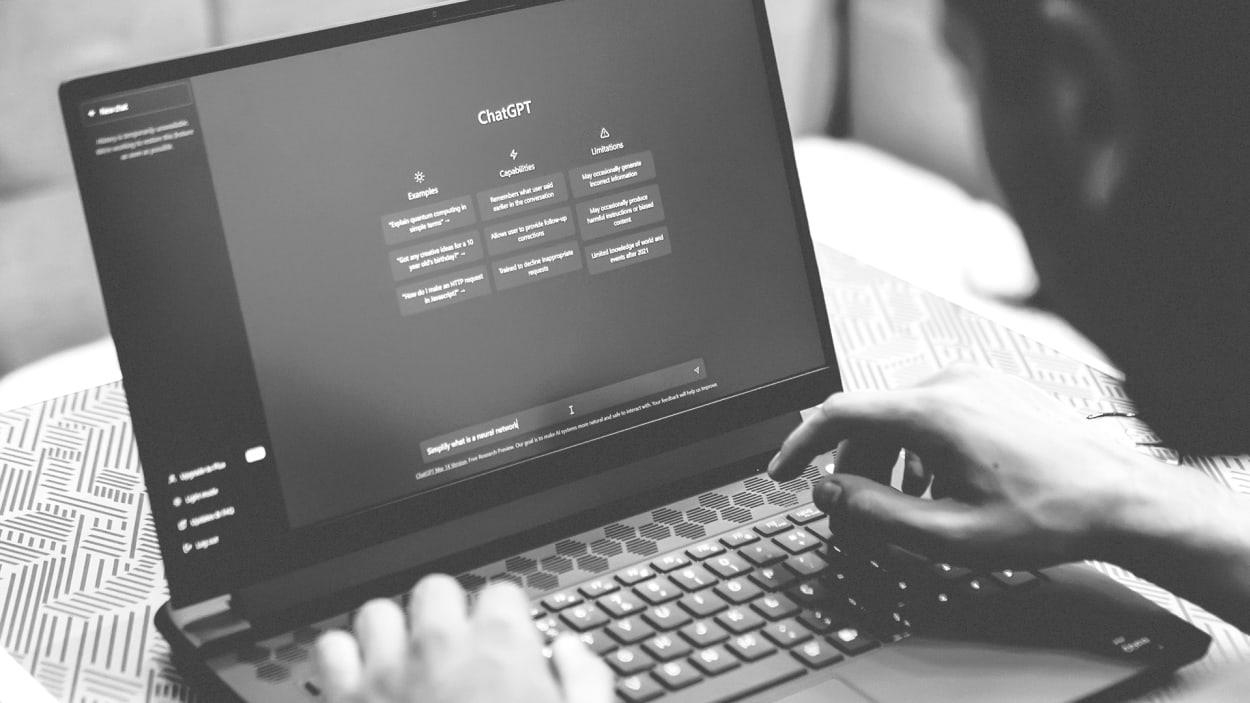How ChatGPT can boost workplace efficiency
By Alex Young
In today’s fast-paced world, organizations are continuously looking for ways to grow while maintaining employee satisfaction. Enter ChatGPT. This powerful tool has the potential to transform the way we operate not just by streamlining operations, but also fostering personal and professional development. How can ChatGPT be used to boost workplace efficiency and increase employee engagement? I’ll share more here.
Use ChatGPT as a work coach
Employees in many businesses today are required to wear numerous hats and juggle multiple duties. This is where ChatGPT shines as a virtual work coach. ChatGPT can assist in increasing a person’s efficiency and effectiveness in the workplace by providing personalized coaching, recommendations, and support.
Goal-setting and tracking: ChatGPT can assist employees in setting SMART (specific, measurable, achievable, relevant, time-bound) goals and measuring their progress over time. ChatGPT enables employees to revise their strategies and stay on track to achieve their goals by providing insights into performance and identifying areas for improvement.
Time management: With the help of ChatGPT, employees can detect time-wasting habits and develop strategies to better manage their calendars. This AI-powered work coach can also recommend productivity tools and tactics to help people make the most of their time.
Problem-solving: ChatGPT can help with workplace challenges by suggesting viable solutions and providing new views on difficult issues. ChatGPT can share helpful insights and suggestions to assist employees in solving challenges and improving their decision-making abilities by leveraging its enormous knowledge base.
Use ChatGPT to automate routine labour tasks
Repetitive jobs can sap employees’ time and energy, reducing productivity. Many of these duties can be automated by ChatGPT, allowing staff to focus on more vital, creative, and strategic tasks.
Drafting emails and reports: ChatGPT can swiftly generate professional and cohesive material for emails, reports, and other documents, saving staff important time and effort. ChatGPT allows employees to modify and personalize messages by offering a robust foundation for written communication.
Meeting summaries and action items: ChatGPT can listen in on virtual meetings and automatically create summaries and action items for participants. This can help with timely follow-ups and ensure that all team members are on the same page and working towards the same goals.
Customer support: By integrating ChatGPT into customer service systems, companies can automate responses to ordinary questions, freeing up support employees to handle more complicated issues. This not only reduces response times but also allows customer support agents to focus on offering personalized and attentive help.
Use ChatGPT to learn new skills and upskill/reskill at work
Continuous learning and skill development are critical for keeping a competitive edge in the constantly changing corporate world. ChatGPT can help with this process by delivering customized learning experiences and materials.
Personalized learning paths: ChatGPT can develop unique learning plans based on an individual’s interests, goals, and skill levels. ChatGPT can help employees gain the competencies they need to flourish in their professions and enhance their careers by providing relevant sites and information.
Just-in-time learning: ChatGPT can give on-demand information and coaching, allowing employees to learn new skills and acquire knowledge as needed. This “just-in-time” method to learning allows individuals to quickly apply what they’ve learned, reinforcing their understanding and improving their overall performance.
ChatGPT can facilitate team collaboration and knowledge exchange by acting as a centralized knowledge store. Employees can easily access and contribute to this collective wisdom, encouraging a culture of collaboration.
Alex Young is founder and CEO of Virti.
(14)



